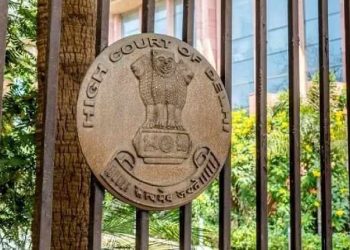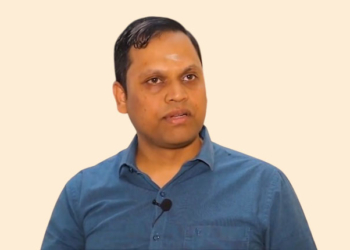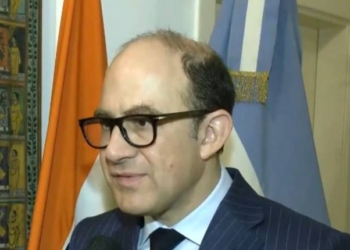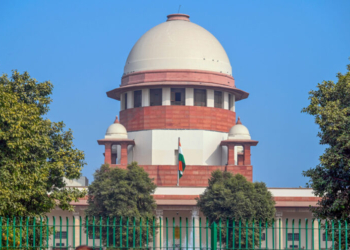New Delhi: The Delhi High Court on Thursday extended till January 8, interim bail of Hyderabad-based liquor businessman Arun Ramchandra Pillai, who is an accused in the now-scrapped Delhi excise policy case.
Pillai, who has sought relief to look after his ailing wife in Hyderabad, was produced before Justice Swarana Kanta Sharma on expiry of his previously-extended interim bail.
It has been submitted that complications developed after the discharge of his wife from hospital.
In November last year, the court had granted two weeks’ interim bail to Pillai who was arrested on March 6.
Appearing for Pillai before Special Judge MK Nagpal of the Rouse Avenue Court, advocate Nitesh Rana had claimed that his client’s wife was to undergo a surgical procedure as she was extremely sick. He added that she had no one to look after her as she lived alone.
Earlier, the ED had filed a reply before the Delhi High Court on Pillai’s bail plea. It also filed a response on another petition terming his arrest as illegal, and violative of Section 19(1) of the Prevention of Money Laundering Act.
Citing the Supreme Court mandate of providing grounds for arrest as mandatory and of utmost importance, in the petition, Pillai had stated that no grounds for arrest, either oral or written, were ever provided to him, as was required under Section 19(1) of the PMLA.
His plea further stated that none of the impugned remand orders record any satisfaction of whether the ED had materials on record to form “reasons to believe” that Pillai was guilty of an offence under the PMLA.
“It is pertinent to mention that the purported facts that have been asserted by the respondent agency (ED) in the remand application were asserted even in the first prosecution complaint filed,” the plea read.
“The petitioner/applicant has appeared before the ED at least on nine occasions after the filing of first prosecution complaint and at least on three occasions after filing of the second prosecution complaint on which occasions the petitioner/applicant was never arrested by the respondent agency,” it stated.
(IANS)















